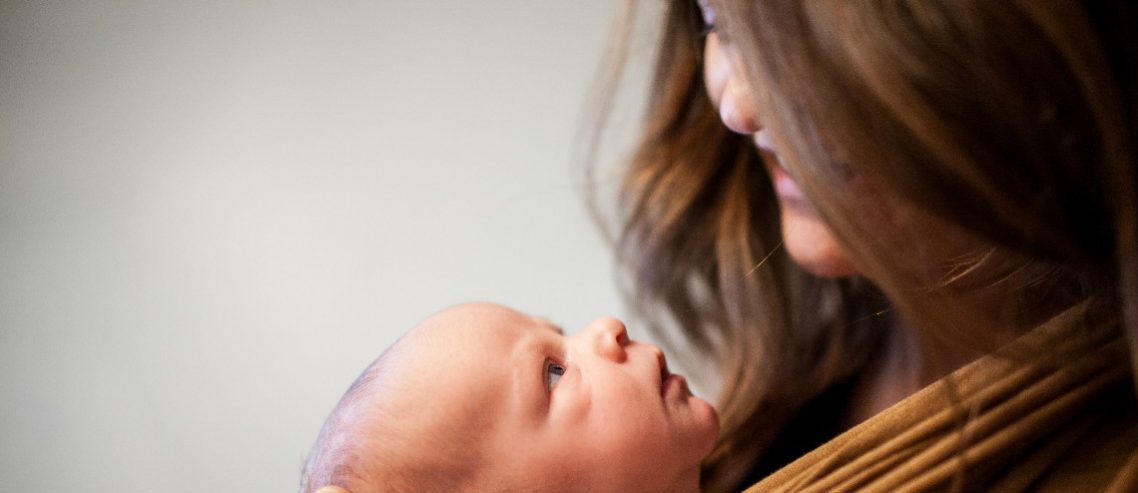Birth tourism in Singapore: Your guide to having a baby in the Lion City
The Lion City is a small but prosperous country. It receives 16 million visitors annually, and over 33,000 babies are born here every year. The newborn mortality rate of 1.1 in Singapore also ranks the city-state among the safest high-income locations to give birth. These factors, plus the wide range of world class maternity hospitals available here, all make Singapore a popular birth tourism destination for moms-to-be, many of whom are expats residing in adjacent countries like Indonesia. Having a baby in a foreign country, however, requires thorough planning and consideration. Read on for a guide to having a baby in the Lion City.
What is birth tourism?
Before we move on to the main considerations you will need to make when having a baby in Singapore, it would first be prudent to explain what birth tourism means. As its name suggests, birth tourism refers to the practice of travelling to another country to give birth.
Birth tourism is not uncommon here; expats living in nearby countries often fly to Singapore for medical tourism, and to give birth in facilities offering world class medical care. In fact, the Singapore government has streamlined the process of birth tourism. To deliver your baby in Singapore, you can pre-apply for a visit pass and/or visa, the details of which can be found here.
What documents do I need for birth tourism in Singapore?
Pregnant moms who wish to travel to the Lion City for delivery must pre-apply for a visit pass and/or visa at the Embassy. The average processing time is 4 to 5 weeks, so it’s important that you allow sufficient time for the processing of your application. Here are the documents required:
- Application form
- Recent passport-sized color photograph
- Original passport
- A letter from your doctor stating your expected due date, and the stage of your pregnancy
- A letter of undertaking from yourself, stating that you will not claim Singapore citizenship for your baby born in Singapore
- A letter from your Embassy or relevant authority of your home country stating your child’s nationality will follow the parent for the child born in Singapore
- Marriage certificate
- Letter of sponsor
- Photocopy of your local contact’s passport or ID card
Choosing a maternity hospital in Singapore
In Singapore, there are a number of world class, public and private maternity hospitals available. As we’ve discussed in our article on finding the best maternity hospital in the Lion City, public and private hospitals both pose their own pros and cons.
Public maternity hospitals
Public sector hospitals, like KK Women’s and Children’s Hospital, and National University Hospital, are usually more affordable. That said, waiting times at public hospitals are typically longer than their private counterparts. Another downside is that you will in most cases have to share your room with other moms and possibly other patients. This could be a problem for those preferring more privacy and quiet.
Private maternity hospitals
Private maternity hospitals, like expat-popular Mount Elizabeth Hospital, generally have shorter wait times, and also offer a plethora of luxurious perks that can make your delivery experience significantly more comfortable.
For example, the single-room packages offered by Gleneagles Hospital feature a head-and-shoulder massage, as well as a limo ride home with baby after hospital discharge. These perks are no doubt desirable, but they do come at a steep price tag. A comprehensive international maternity insurance policy is thus essential.
What is the cost of giving birth in Singapore?
Unlike other countries in Asia, hospital fee transparency is not an issue in Singapore; those seeking information can avail the Ministry of Health website to access the average costs of medical care and procedures, including the cost of normal and C-section delivery. We’ve taken the liberty of presenting the average costs below. Please bear in mind, however, that the fees presented don’t include miscellaneous hospital charges, delivery involving complications, or multiple babies.
Normal delivery
Based on historical transacted fees, the typical unsubsidized cost of normal delivery at a public hospital for 50 percent of patients is as follows:
| Ward A (single room) | Ward B1 (4-bedded room) | |
| Total bill | SGD 4,968 | SGD 3,769 |
| Operation fee | SGD 1,687 | SGD 1,335 |
| Other fees (e.g. medications, accident & emergency charges, etc.) | SGD 3,284 | SGD 2,402 |
At private maternity hospitals, 50 percent of patients are charged the below:
| Inpatient | |
| Total bill | SGD 7,909 |
| Operation fee | SGD 4,646 |
| ‐ Surgeon fee | SGD 2,568 |
| ‐ Anaesthetist fee | SGD 725 |
| ‐ Facility fee | SGD 1,497 |
| Other fees (e.g. medications, accident & emergency charges, etc.) | SGD 3,220 |
Source: Ministry of Health website – Accessed 21 December 2018
C-section delivery
As one might expect, C-section delivery in Singapore is more expensive than normal delivery. 50 percent of unsubsidized patients pay the following for C-section delivery at a public hospital:
| Ward A (single room) | Ward B1 (4-bedded room) | |
| Total bill | SGD 8,208 | SGD 7,300 |
| Operation fee | SGD 3,528 | SGD 3,527 |
| Other fees (e.g. medications, accident & emergency charges, etc.) | SGD 4,440 | SGD 3,346 |
The cost of C-section delivery at a private hospital for 50 percent of patients is as follows:
| Treatment | Inpatient |
| Total bill | SGD 12,261 |
| Operation fee | SGD 7,948 |
| ‐ Surgeon fee | SGD 4,280 |
| ‐ Anaesthetist fee | SGD 1,070 |
| ‐ Facility fee | SGD 2,518 |
| Other fees (e.g. medications, accident & emergency charges, etc.) | SGD 4,169 |
Source: Ministry of Health website – Accessed 21 December 2018
Do you have international maternity insurance coverage?
Maternity insurance is another important consideration when planning to deliver your baby in Singapore. As the cost of giving birth here can be astronomical, especially if you’re opting for delivery at a private facility or encounter any complications, maternity coverage ensures that you can focus on your new bundle of joy without worrying about breaking the bank.
Check that your international health insurance plan covers Singapore maternity care. One of the most important things to bear in mind is that maternity insurance benefits come with waiting periods of at least 10 – 12 months. This time must pass before any maternity-related care can be claimed upon. It is thus key that you secure maternity coverage before you conceive, to ensure it’s not too late to have any benefits in place for prenatal care and delivery.
Another thing to note is that maternity benefits will usually take care of postnatal care for the baby up to a few months after they are born. Beyond this, parents will need to arrange newborn insurance to ensure continuous coverage for their baby. Our team at Pacific Prime Singapore recommends that parents choose newborn insurance with comprehensive outpatient benefits, as babies’ less developed immune systems mean that they tend to get ill more often than adults.
Get in touch with Pacific Prime Singapore
To learn more about maternity and maternity insurance in Singapore, check out our FREE, comprehensive guide on the topic here. For a maternity insurance plan comparison and quote, or some friendly advice on birth tourism and care in Singapore, give our team of experts (and moms!) a call and we will lay out the information in a straightforward and easy-to-understand way.
- 5 Things You Didn’t Know About Wasted Drugs in Singapore - October 10, 2023
- 10 Benefits of Going on a Staycation - August 28, 2023
- Non-monetary Employee Benefits: What Are the Advantages of a Good Workplace Design? - July 11, 2023






Comments
Comments for this post are closed.